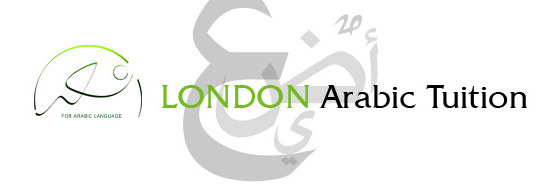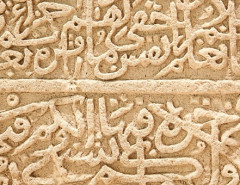The Best Way To Master Arabic?
Arabic Dialects And Modern Standard Arabic
In the complex and diverse world of Arabic language, there are three main dialects that are commonly taught and used. The first one is Levantine Arabic spoken in countries such as Syria, Lebanon, Jordan, and Palestine. The second dialect is Gulf Arabic, which covers countries like Saudi Arabia, Kuwait, Bahrain, Qatar, the United Arab Emirates, Oman, and parts of eastern Yemen. The third and last dialect is Egyptian Arabic, which has become less popular in recent years.
While many teachers and universities advocate for starting with Modern Standard Arabic (MSA), we rejects that narrative. Having taught Arabic in Damascus and London, We have seen firsthand the flaws in the way MSA is being taught in many universities. Students who have studied MSA for years struggle to speak it fluently or understand the local dialects. Instead, we believes that the most natural and effective way to learn Arabic is to start by learning a dialect first. This approach gives students an immediate boost in their confidence and serves as a powerful motivator to continue learning.
Once you have mastered a dialect of Arabic, you can easily transition to MSA. To do this, you should focus on a specific area of interest: Media Arabic, Business Arabic, Literary Arabic, or Quranic studies.
Media Arabic
Media Arabic delves into the language used in news outlets, broadcasts, and journalistic contexts. By immersing yourself in the language of the media, you not only enhance your Arabic skills but also stay informed about current events in the Arab world.
Literary Arabic
Literary Arabic opens the door to the rich world of Arabic literature. From classical masterpieces to contemporary works, this realm allows learners to explore the nuances and eloquence of Arabic prose and poetry. Delving into Literary Arabic not only deepens language proficiency but also provides insights into the cultural and historical tapestry of the Arab world.
Understanding and effectively using Business Arabic is crucial for success in various fields, including finance, international trade, marketing, and negotiations.
Quranic studies
For those with a spiritual inclination, Quranic studies provide a unique avenue for linguistic exploration intertwined with religious understanding. By engaging in Quranic studies, learners can develop a profound connection to the language while gaining insights into Islamic traditions and teachings.
We emphasize that learning grammar is crucial if you want to speak Arabic fluently. However, We don’t teach it in the traditional and analytical way that puts students in an overthinking mode. Instead, We use many strategies, including spotting patterns first and understanding the rules later.
Our method of teaching Arabic is unconventional but effective. We reject the popular notion of starting with MSA and advocate for learning dialects first. By doing so, students gain confidence and motivation to continue learning.




Leave a Reply
You must be logged in to post a comment.